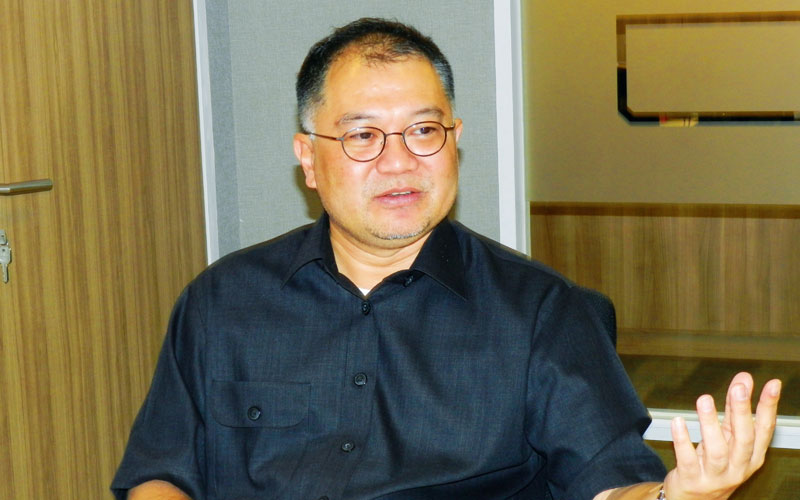The construction of the capital’s mass rapid transport system will revolutionize life in Jakarta

As a bustling, energetic and thriving capital that is fast approaching a population of 10 million people, Jakarta is a city that will benefit greatly from the construction of its new underground transport network. The Jakarta Mass Rapid Transit (MRT) project, which will cost in excess of $3 billion and be fully completed by 2030, aims to reduce congestion, improve quality of life and boost economic growth not only in Jakarta but also across Indonesia.
The influxes of people from other provinces into the country’s capital bring with them an increase in car and motorbike use and a decrease in the quality and efficiency of its current public transport system.
“The MRT project is necessary,” says Dono Boestami, President Director of PT MRT Jakarta. “We cannot increase the size of the city and we cannot widen the roads. Even huge inter-city toll roads will not be enough to accommodate the growing number of cars and motorbikes in Jakarta. The Mass Rapid Transit system will not solve all Jakarta’s traffic problems, but it is the first step in the creation of an efficient commuter network.”
The progress so far has been impressive, especially considering the project is the first of its type in Indonesia in terms of size and overall importance to its economy. It is so huge that MRT Jakarta is expected to be a case study in Indonesian infrastructure project management.
The complete MRT Jakarta project will stretch more than 69 miles and consist of two main lines: a north-south line and an east-west line. Phase one of the north-south line is already under construction and is expected to be operational by 2018. Meanwhile, phase two of the construction is expected to start just before the completion of phase one and is targeted for completion by 2020. The feasibility study for the east-west line is in progress, with construction expected to take place between 2024 and 2027 at the latest.
“Our main objective is to complete the South-North corridor by 2020 and by the first semester of 2018 we would like to have testing completed on the first phase of South-North Line (9.8 miles and 13 stations) and make it enter into commercial operation,” says Mr. Boestami. “Our next priority is the East-West line.”
Like all huge projects there are challenges, but those challenges are being met. Land acquisition is the responsibility of the city and Jakarta officials understand the urgency of the project and are aiding its progress. Japanese technology is also being used owing to a large proportion of investment coming from Japan; the integration of Indonesian workers alongside experienced Japanese technology, however, is so far seamless.
Natural disasters have also been taken into consideration, with station entrances being elevated, airtight station designs integrated into development plans and a number of water pumps which will be installed to alleviate risks posed by flooding. Nothing has been left to chance. “The project is proof that Indonesia can manage a large-scale infrastructure project prudently,” says Mr. Boestami. “Our management of MRT should give investors confidence in the future of infrastructure projects in Indonesia.”
The construction of the MRT system will provide the residents of Jakarta with a faster, safer, reliable and convenient mode of mass transportation, while at the same time encouraging new economic opportunities in and around MRT stations and along the MRT corridors.
This environmentally-friendly mode of transportation will also help reduce air pollution and traffic jams. Furthermore, its presence will encourage better spatial planning, as it encourages transit-urban integration.
In Jakarta, the construction of the MRT will create thousands of new jobs, with this number increasing once the system is operational. At the national level, it will also encourage infrastructure development across the archipelago.
0 COMMENTS